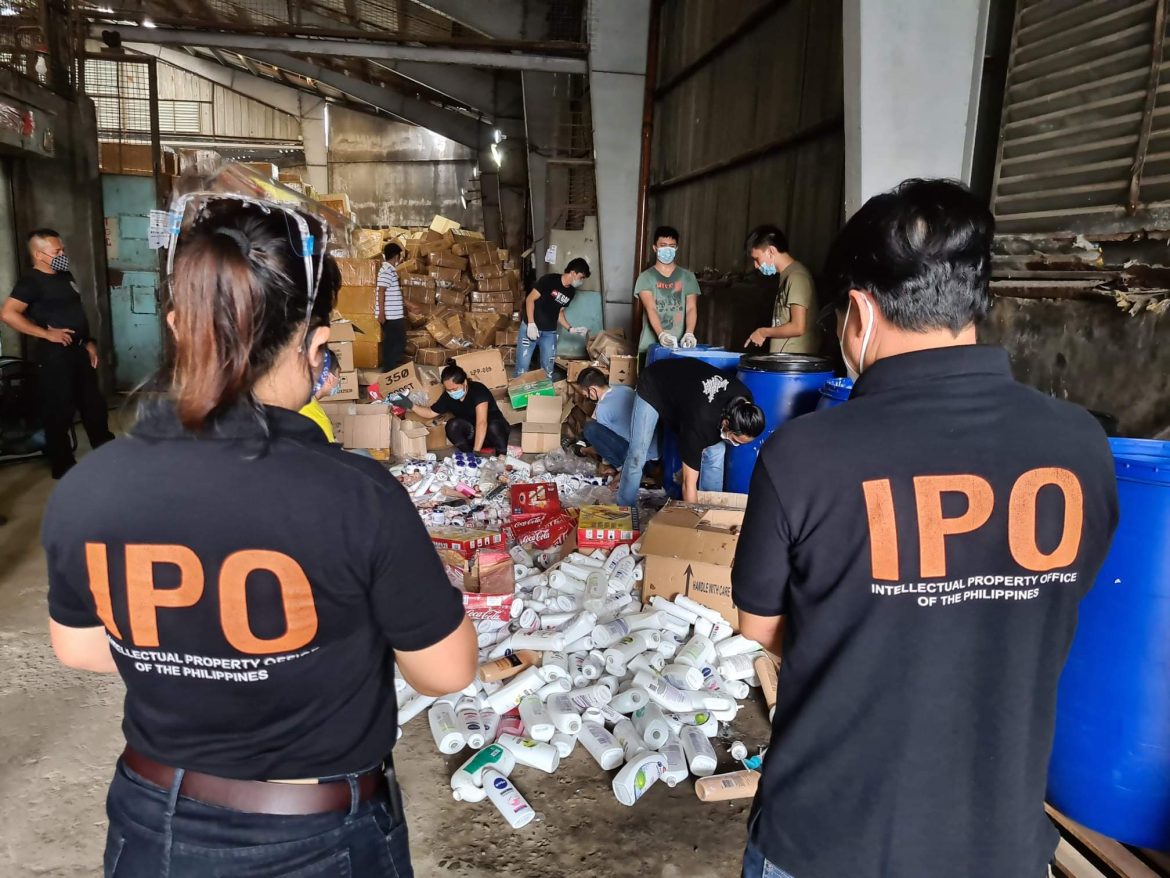Intellectual Property Office of the Philippines (IPOPHL) has announced a strategic collaboration with various Japanese organizations to augment the capabilities of local government agencies, including IPOPHL, in identifying counterfeit Japanese products. This initiative is aimed at bolstering efforts to combat counterfeit goods, a concern for both local and international markets.
IPOPHL revealed its partnership with the Japan External Trade Organization (JETRO) and the Japan Patent Office (JPO) to conduct a comprehensive training seminar. This seminar focused on equipping participants with the necessary skills to effectively identify and combat counterfeit products, particularly those imitating Japanese brands. The event was part of a broader initiative to enhance market monitoring and enforcement operations.
The training seminar, held over two days, brought together experts from Japan and the Philippines. Participants included representatives from various Philippine government agencies and industry stakeholders. The focus was on practical strategies and tools to detect counterfeit goods, an issue that has seen increasing relevance with the rising interest of Japanese companies in the Philippine market.
According to IPOPHL, the collaboration with JETRO and JPO has been instrumental in addressing the challenges posed by counterfeit products. The partnership aligns with IPOPHL’s ongoing efforts to strengthen intellectual property rights enforcement in the country. This initiative also serves as a platform for the exchange of knowledge and best practices between the Philippines and Japan.
Japanese companies have expressed growing concern over the proliferation of counterfeit goods in the region. This partnership reflects Japan’s commitment to supporting the Philippines in enhancing its capacity to protect intellectual property rights. The collaborative efforts aim to create a more robust framework for monitoring and enforcing intellectual property laws.
The seminar provided a detailed overview of the Japanese intellectual property system and the environment in which it operates. Participants were introduced to various methodologies and technologies used to identify counterfeit products effectively. Experts highlighted the importance of a coordinated approach among different agencies to ensure effective enforcement of intellectual property rights.
IPOPHL emphasized that the partnership with Japanese organizations is a testament to the importance of international cooperation in combating counterfeiting. The office noted that counterfeit goods not only affect legitimate businesses but also pose risks to consumer safety and trust.
The collaboration is part of IPOPHL’s broader strategy to position the Philippines as a regional leader in intellectual property rights enforcement. The office is engaged in various initiatives aimed at enhancing the capabilities of local agencies and promoting innovation and protection of intellectual property.
IPOPHL has also been involved in similar programs with other countries, reflecting its commitment to addressing the global challenge of counterfeiting. By collaborating with international partners, IPOPHL aims to develop comprehensive strategies to protect intellectual property and support economic growth.
The partnership with Japan is expected to have long-term benefits for both countries. It will contribute to a more secure market environment, benefiting consumers, businesses, and the overall economy.

